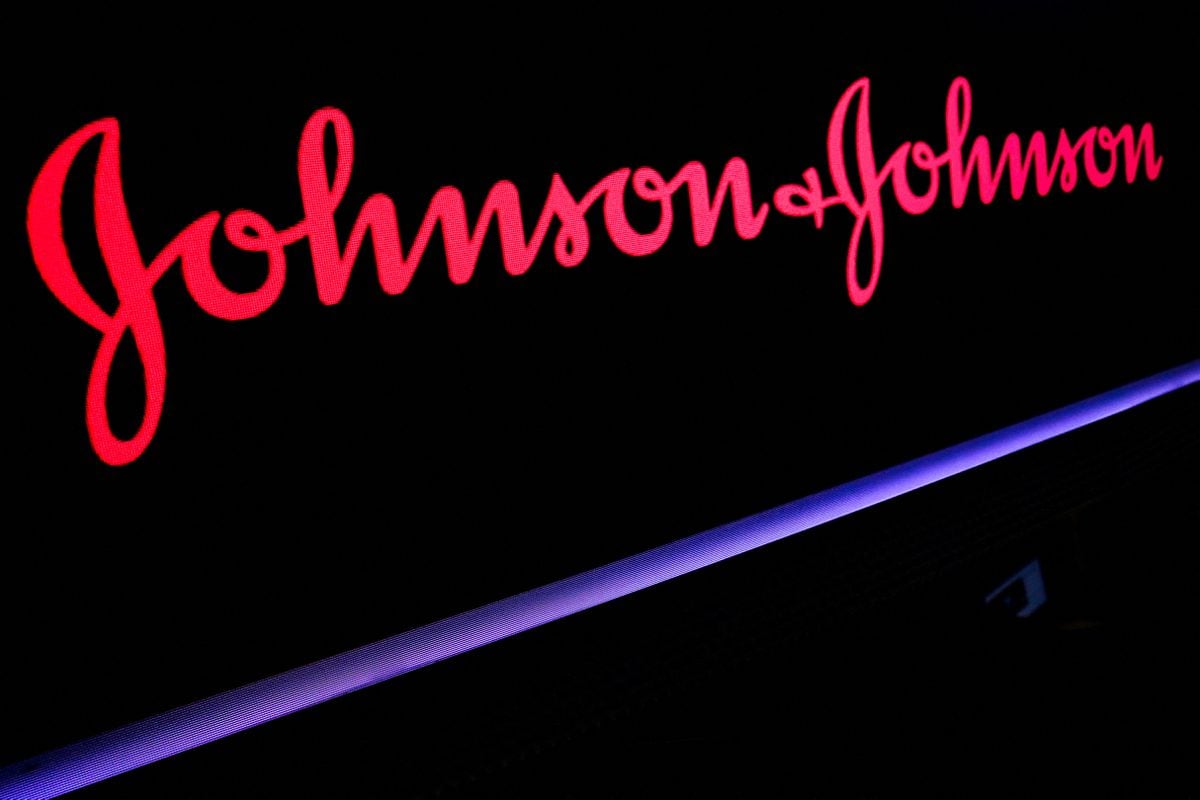Projection of the Johnson & Johnson logo on the New York Stock Exchange. BRENDAN MCDERMID (REUTERS)
More than four decades after becoming a global epidemic that has caused nearly 40 million deaths worldwide, the HIV virus continues to elude all efforts to develop a vaccine to prevent new infections.
The American pharmaceutical company Johnson & Johnson has announced this Wednesday that it is interrupting the global trial that has been underway since 2020 after the results show the ineffectiveness of the serum to prevent new infections.
The failed vaccine used a modified adenovirus to transport the DNA of the most representative proteins of the virus into the patient's cells with the aim that the immune system response would create antibodies.
It was the first vaccine project in more than a decade that had reached the last stage of trials, the so-called phase III.
In the tests, which have lasted two years, the participation of a total of 3,800 patients was expected, 250 of them in Spain.
"HIV continues to prove a unique challenge for vaccine development," said Susan Buchbinder, co-chair of the HIV Vaccine Trials Network (HVTN) in a statement.
This entity has collaborated with Johnson & Johnson in the development of the tests.
Despite the failure, Buchbinder has defended that "the HIV research community remains fully committed and each study brings us one step closer to the goal."
600,000 annual deaths
According to UNAIDS data, the HIV virus continues to have a major impact on global health, with close to 1.5 million new infections and more than 600,000 registered deaths in 2021. The agency's estimates suggest that close to 38 million people live with the pathogen.
In the developed world, practically all of them can do it almost normally thanks to the retroviral treatments developed, but these do not reach all countries.
Nearly half of the disease burden is borne by the populations of the poorest countries in Africa.
Currently there are other vaccine projects in development, including one from the Moderna company that uses messenger RNA technology that has achieved good results against severe covid, although all of them are still in the initial phases.















